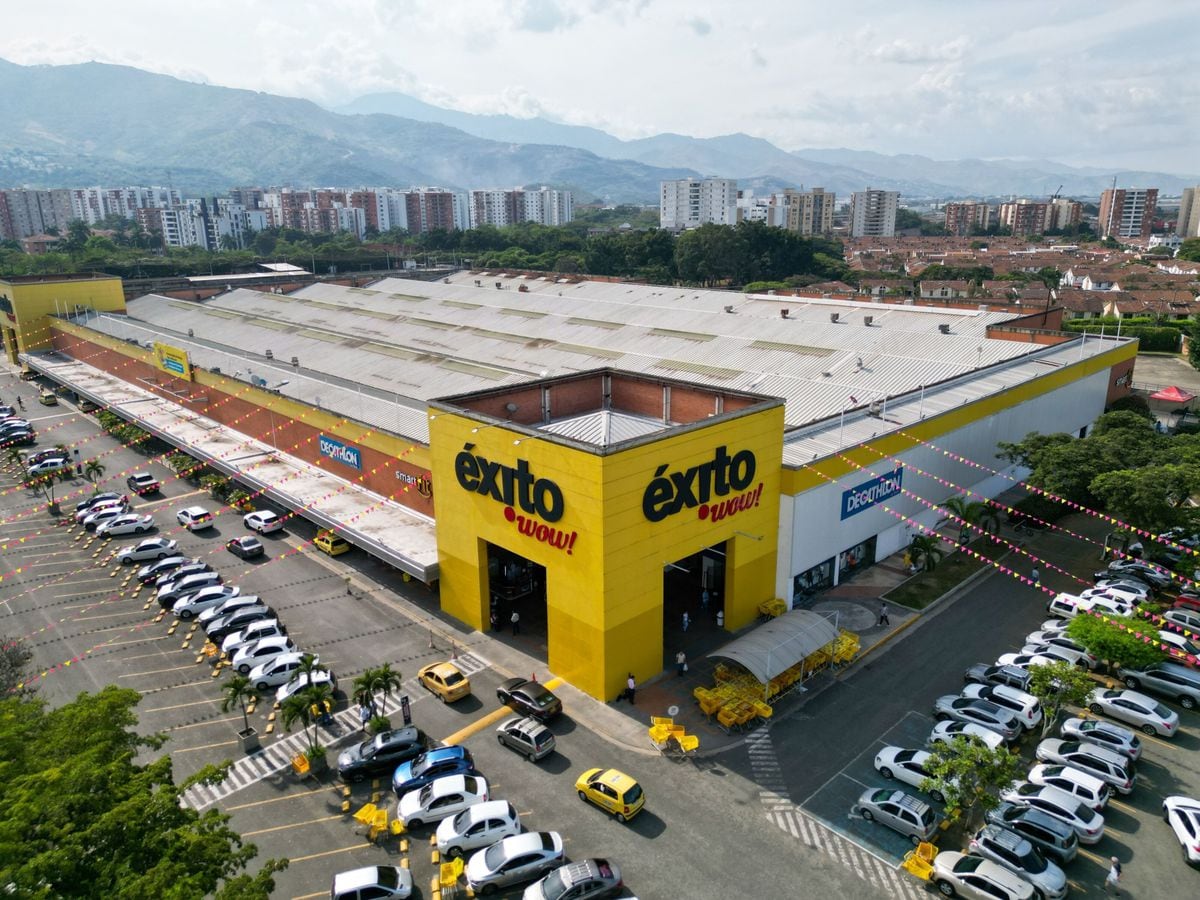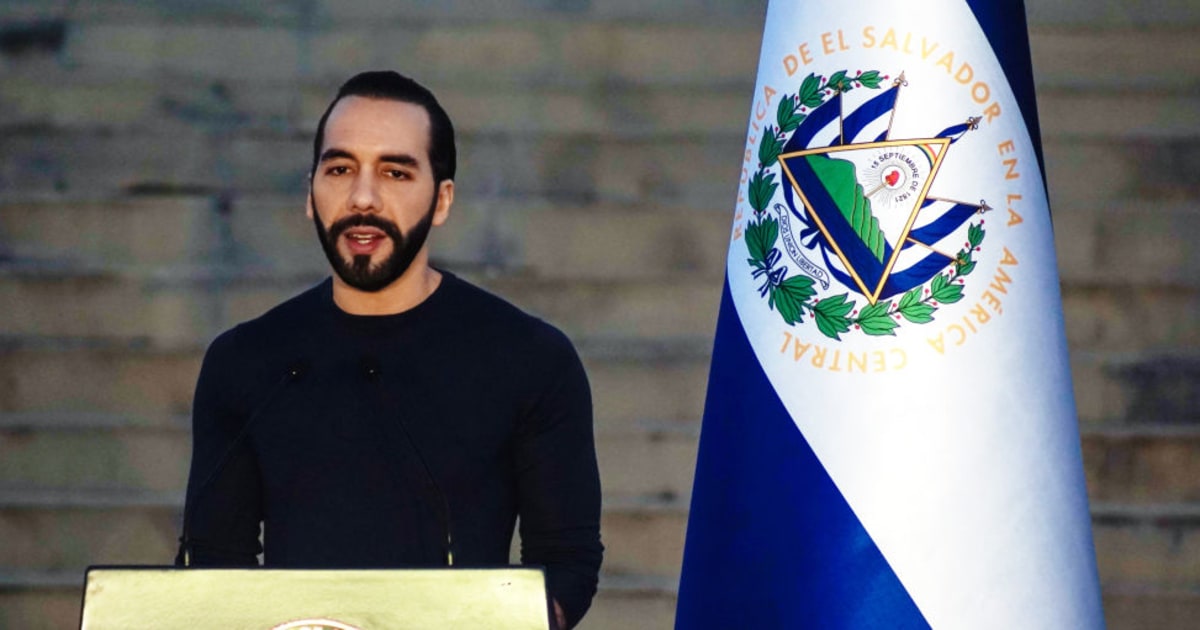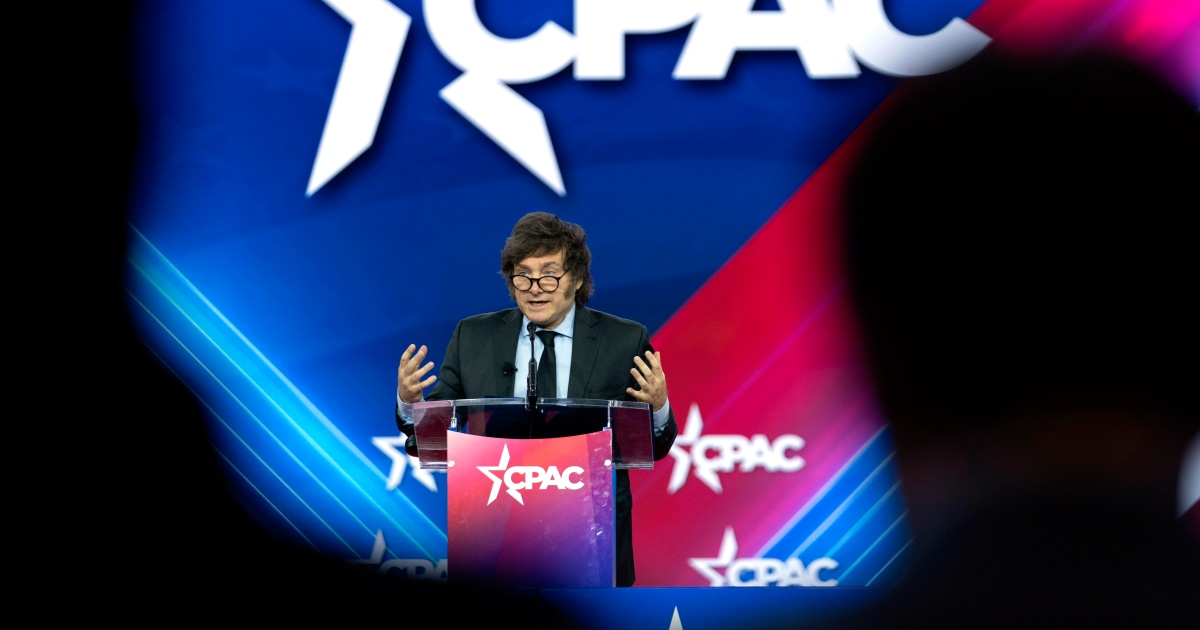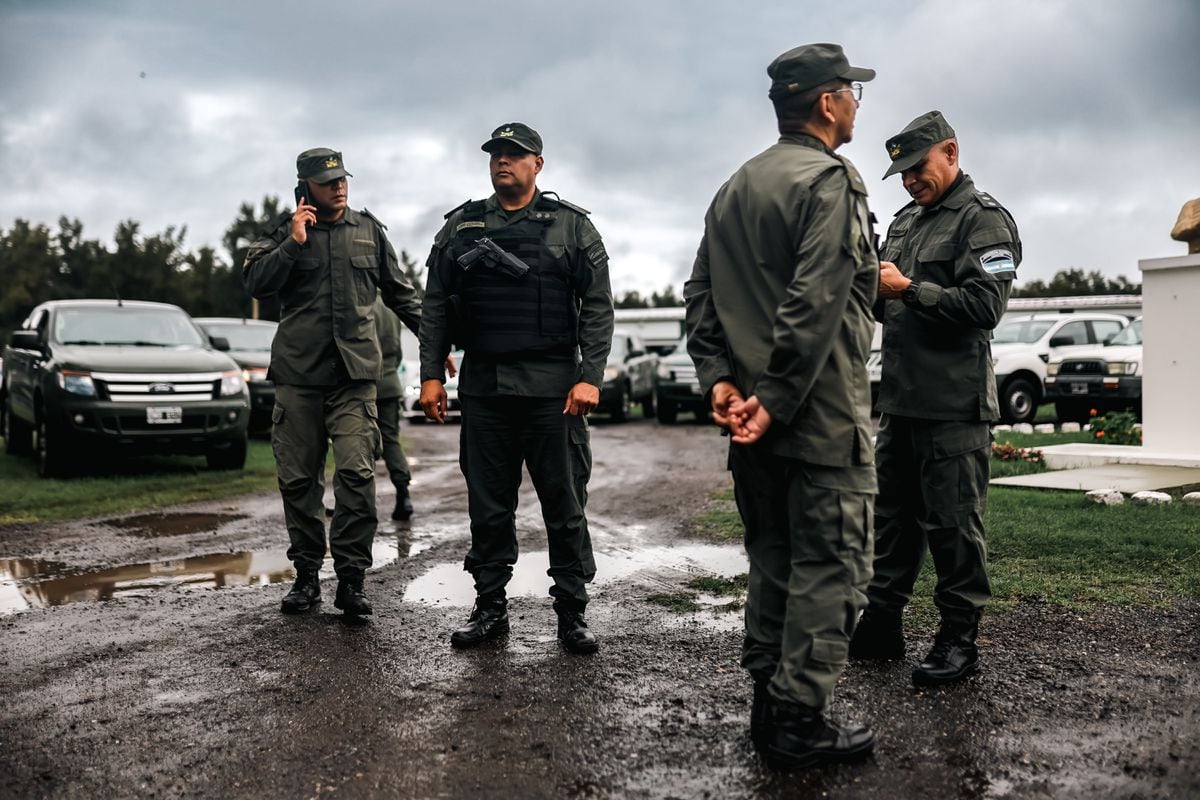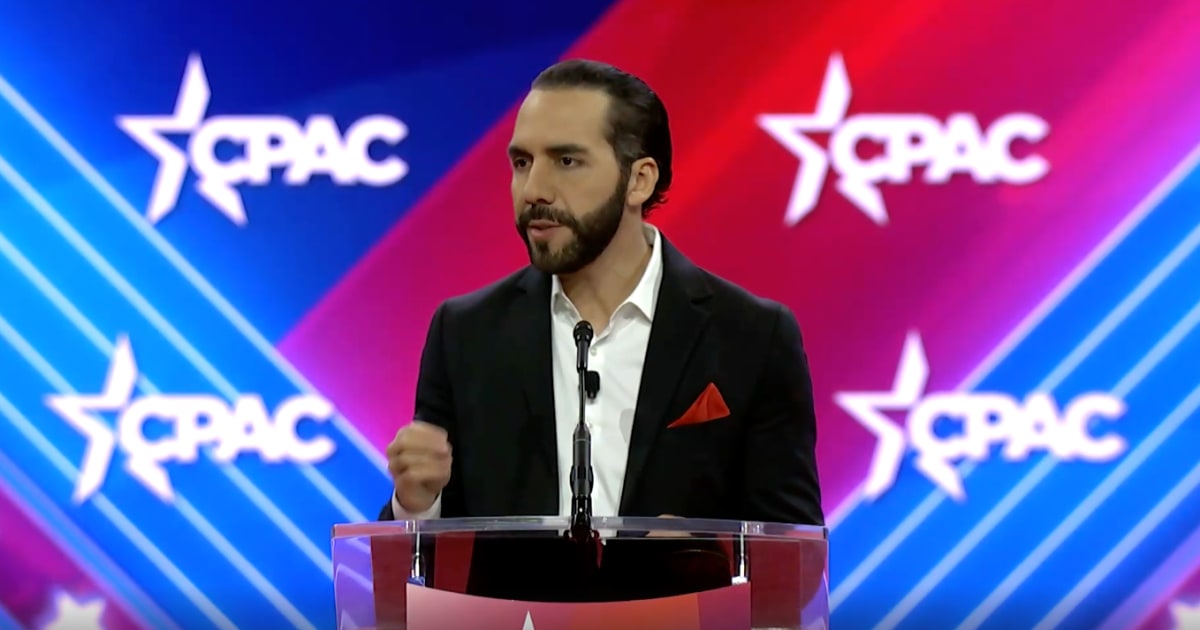On May 17, the mayor of the Guatemalan city of Mixco, Neto Bran, came to El Salvador to see President Nayib Bukele. Or at least that was what he intended. The objective of the trip was to deliver to the Salvadoran president a humanitarian request for vaccines against the coronavirus for his municipality. However, the mayor was not received and had to settle for depositing the petition in the Presidential House and waiting for it to be delivered to the president who, four days earlier, had announced with three emoticons on Twitter that his government had donated 34,000 doses to the neighboring Honduras.
"Honduras thanks Bukele," read the banners that dozens of Hondurans waved when trucks with the Salvadoran government logo entered Catracho territory with Astra-Zeneca doses. "Unprecedented", cataloged the Secretary of Communications of El Salvador. It was a huge hit for the president. The donation, as an action, strengthened the figure of a president different from “those of before”, the image that he has tried to sell from his entry into politics: solicitous, benefactor and close to the people. An image that has not only reached his country but also neighboring nations: Nicaraguans, Hondurans, Guatemalans and even Costa Ricans are shown on social networks enraptured by Bukele since he came to power in 2019,where every so often comments come up that refer to him as the president that everyone would want.
More about Nayib Bukele
The new and uncertain course of Nayib Bukele in El Salvador
Diplomacy: the United States, China and the game of rudeness
The price you are willing to pay to 'bitcoinize' El Salvador
Bukele has consolidated a strong figure in El Salvador and has used his popularity to put himself above the other powers of the State. In May, after legislative elections in which his party swept away, the majority-ruling Assembly dismissed all members of the Constitutional Chamber and the State Prosecutor, in a blow to the separation of powers, and threatened that it would continue to take control of the institutions. And while at home he carries out what critics see as a blow to institutions, the president is pulling his popularity to create an expanding personal brand. A kind of franchise with a view to neighboring countries in a region burdened by violence, poverty, forced migration and corruption.
With a slogan that could well be 'Made in El Salvador but necessary in Central America', Bukele has marketed itself - on the internet, especially on Twitter and now TikTok - as the antithesis and solution to these endemic evils. And that strategy is also working for him beyond his territory, despite the questionable actions of his mandate such as the irruption in the Parliament backed by the military, the blow to the magistrates, his crusade against independent journalism or the attacks on transparency for exclude its officials from accountability. "Bukele has become a messiah in Honduras too," says Jennifer Ávila, director of the independent media outlet Contracorriente.
“His public positions with respect to President Juan Orlando Hernández have created sympathy in a population that is tired of the crisis.
Candidates for popular election of the opposition parties to the National Party, that of Juan Orlando, use the name of Bukele to gain followers, ”says Ávila.
The Salvadoran not only did not invite his Honduran counterpart to his inauguration, but on one occasion expressed that "Hernández should review himself for having imposed himself as a dictator."
Join EL PAÍS now to follow all the news and read without limits
Subscribe here
Where some see crisis, Bukele sees profit
The donation of vaccines to Honduras was the reconciliation of Bukele's virtual love affair with Central America with reality. Until then, the “cool” figure of Bukele was popular in the region due to his way of governing in El Salvador, but above all it was reflected in social networks where there are Guatemalans and Nicaraguans who declare themselves militants of Nuevas Ideas, his party. Some statements against authoritarian regimes, such as that of Hernández and Daniel Ortega, in Nicaragua, ended up reinforcing their image abroad. A popularity carved by trills on Twitter and platforms such as YouTube. Bukele's personal brand found in the covid-19 pandemic a take-off platform for more tangible actions.
Ávila not only cites the delivery of vaccines, but also when Bukele sent a sick Honduran child to be taken by ambulance to treat him in a hospital in El Salvador. “After the request for vaccines, there have also been requests for help to repair the bordos (retaining walls) damaged by tropical storms that the Government has not repaired more than six months after the catastrophe. This has worked a lot since Bukele's discourse that 'if nobody steals, the money is enough', because in Honduras the main slogan in social networks is the opposite: 'Where is the money?' ", The journalist tells THE COUNTRY.
#ElPulso # Politics |
The candidate for mayor Sampedrana, Roberto Contreras, participated in protests to demand repair of the banks in Chamelecón;
Contreras asked the President of El Salvador, Nayib Bukele, that he be the one to provide a solution, reflecting his rejection of the JOH government pic.twitter.com/hQZCronbSp
- elpulso.hn (@elpulsohn) June 18, 2021
Bukele fits very well that old popular saying that where some see crisis, others see profit. For example, in July 2020, in the middle of the coronavirus outbreak, the Salvadoran embassy in Managua offered Nicaraguan doctors work in hospitals in that country, who were fired by the Ortega government for criticizing their negligence in the face of covid-19. The Nicaraguan Medical Association later issued a statement lowering the spirits of the doctors: the promise was not exclusive for doctors from that country, but for Latin America, under professional services contracts.
Gabriel Labrador, a journalist from El Faro, explains to EL PAÍS that, since he began his political life in 2011, Bukele also began a career "to accumulate more and more power." In that company, the Internet has been key, according to the Salvadoran reporter, because it is an open space in which people constantly receive information. “There is no better conduit for exercising power and authority than information. Bukele uses the Internet to promote his image, but he knows that everything must also be coupled with actions for them to connect. It is a political communication and marketing strategy. And that is why, coupled with a fairly aggressive strategy on social networks, on Twitter, on Facebook, it makes regional political actions that allow it to reinforce this attempt to penetrate the communities, ”says Labrador.
"The United States Interlocutor"
Labrador maintains that before Bukele intensified his authoritarianism, dismantling the balance of power in El Salvador, the United States saw him as a regional interlocutor.
However, with the arrival of Joe Biden to the White House, things changed, as he staged the trip of his vice president to the so-called 'Northern Triangle of Central America', the main sending region of migrants to the United States. Kamala Harris only visited Guatemala and It excluded Honduras, whose president is singled out for drug trafficking, and El Salvador, whose government Washington has criticized for its authoritarian turns.
“That was a hard blow for that image that Bukele wanted to project regionally. And for that, for example, donate vaccines. He needs to maintain an image in this ethereal, global world that is the Internet. That is why he has an impressive communication structure with youtubers, social networks, pages that are constantly generating information from his Government, from him as a benefactor, ”says Labrador. "The idea of him as a good fund manager, a good politician, but he is also a politician who answers to the old structures of always: the status quo, the establishment, the businessmen and the great powers."
In March 2020, a Nicaraguan public relations firm worked on a campaign paid for by El Salvador that sought to highlight the Bukele government's handling of the coronavirus crisis.
“They have asked us for support to record some people with criteria and influence who can tell us in about 20 seconds what they think of the measures that El Salvador has taken versus those that we live in Nicaragua.
Those videos could later be released there (El Salvador) ”, reads a message received by a Nicaraguan journalist
The idea of the Central American union
Among the strategies to conquer the Bukele brand, the utopian Central American union stands out. On several occasions, the Salvadoran president has appealed to "Central America as a single nation." In his speeches he usually remembers the date of independence from Spain. Even when Bukele was mayor of San Salvador, he reformed the shield of that municipality and recorded in it the date of 1834, when the countries of the region formed the Federal Republic of Central America and San Salvador was the capital for a time.
“I imagine you have this Simón Bolívar-like idea of bringing people together. Finally, give Central Americans a region they always wanted. It's a bit of the narrative that he is the man destined to liberate people, ”says Labrador. In El Salvador they also agree that this "export" of the Bukele brand is linked to the president's ego. Saving all the distances, the journalist believes, it is similar to what the late Hugo Chávez did: exporting his leadership to other countries "under the idea of domination and setting himself up as the father of Salvadorans and Central Americans."
“It is similar to what other authoritarians do: that way of doing politics, exercising power and showing themselves as the only solution to problems.
That's why Bukele's Twitter bio said 'Leyla's dad'.
He did not put a statesman or a politician there, but rather wants to reinforce the idea that he knows how to take care of someone else.
His wife is playing a key role as well.
Every time he can, he mentions it, because he wants to show that he has this ability to take care of his people ”, analyzes Labrador.
A vision that now intends to export to the Central American neighborhood.
Subscribe
here
to the
EL PAÍS América
newsletter
and receive all the informative keys of the current situation in the region.

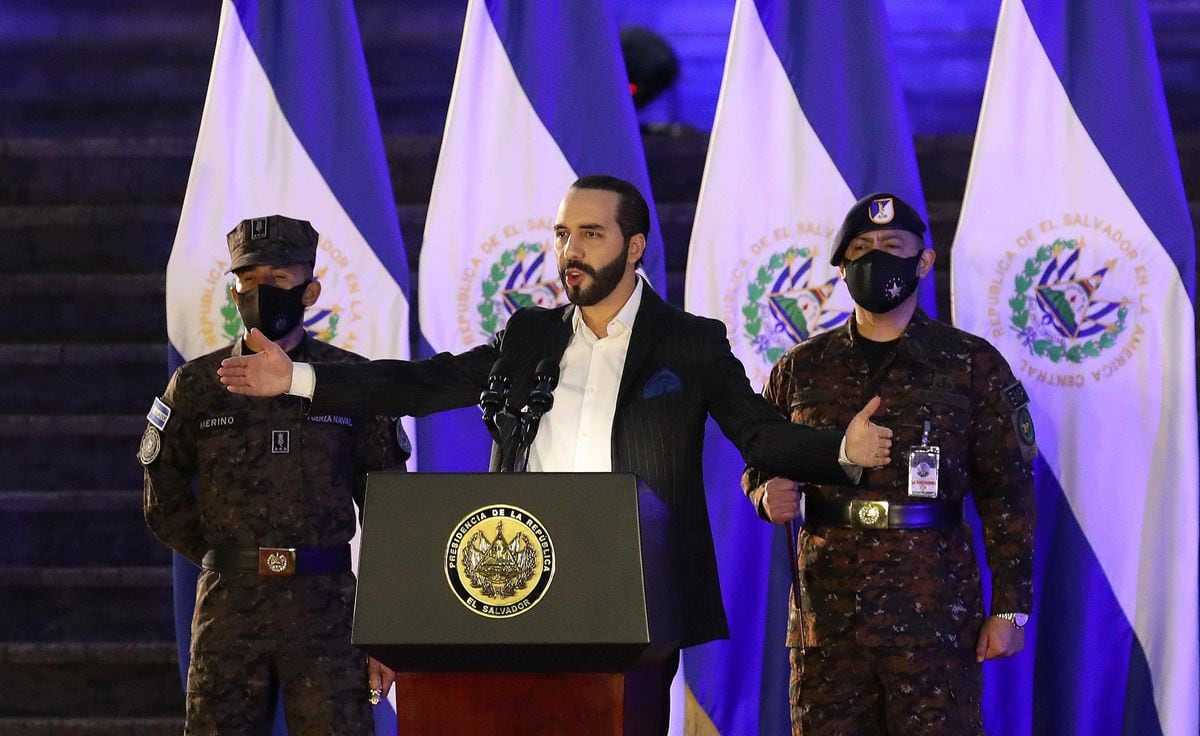
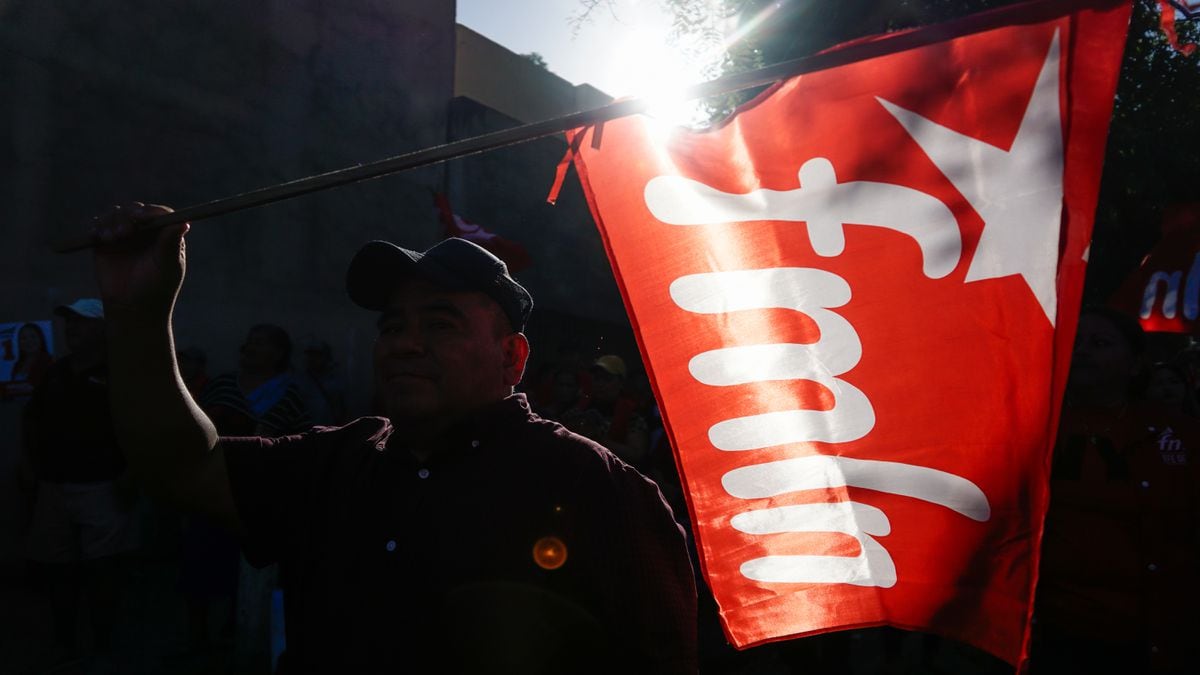
/cloudfront-eu-central-1.images.arcpublishing.com/prisa/7LCX4AG2Q3OGZDI5I3ZR2WPDW4.jpg)
